Greenland’s Prime Minister Múte Egede says he’s ready to negotiate with US President-elect Trump about the future of the Arctic territory
As geopolitical interests in the Arctic intensify, Greenland’s Prime Minister Múte Egede has announced that he is prepared to enter into discussions with U.S. President-elect Donald Trump about the future of the Arctic territory. This potential dialogue comes at a time of heightened global focus on the region, particularly as countries such as the United States, Russia, and China increase their strategic, economic, and military interests in the area.
Greenland, an autonomous territory of Denmark, is situated in the Arctic and is rich in natural resources, including rare earth minerals, oil, and gas. As the ice in the region melts due to climate change, new shipping routes are opening up, and the potential for resource extraction is becoming more economically viable. The Arctic’s importance has only grown in recent years, making it a focal point for global powers. Prime Minister Egede’s readiness to negotiate with Trump signals that Greenland is poised to assert its influence and shape its future as these new geopolitical realities unfold.
The Arctic: A Region of Growing Importance
The Arctic has always been a strategic area due to its vast untapped resources, but it has recently become even more significant in light of climate change. Rising temperatures have led to the melting of sea ice, making it easier for countries to access shipping routes and extract valuable resources beneath the ocean floor. The region is estimated to contain about 13% of the world’s undiscovered oil and 30% of its natural gas reserves, making it highly attractive to nations seeking to secure energy supplies for the future.
In addition to natural resources, the Arctic is also becoming a key location for military and defense operations. Countries are vying for control over Arctic waters and territory, as the region’s changing geography opens up new potential routes for trade and strategic maneuvering. The U.S., Russia, and Canada, in particular, have been positioning themselves to assert influence in the region, with growing military presence and diplomatic activity in recent years.
Greenland, as part of the Kingdom of Denmark, holds a unique position in these discussions. Though Greenland has its own government, it remains under the sovereignty of Denmark, which is a NATO member. However, the territory has been pursuing greater independence and asserting its authority over its natural resources and foreign policy, especially as global interest in the Arctic continues to grow.
Prime Minister Múte Egede’s Position
Prime Minister Múte Egede, who assumed office in 2021, has made it clear that Greenland is open to engagement with the U.S. on a variety of issues, particularly regarding the future of its territory and the broader Arctic region. Egede has emphasized Greenland’s desire to assert its sovereignty over its natural resources and to have a more prominent role in discussions about the region’s future.
For Greenland, negotiations with the U.S. under President-elect Trump could present a unique opportunity to ensure that its interests are protected as the Arctic becomes increasingly geopolitically important. Egede has stated that he is ready to engage in talks with Trump about potential collaboration on economic development, environmental protection, and the management of the region’s resources. The Prime Minister’s comments suggest that Greenland is seeking to establish itself as a key player in Arctic affairs, balancing its relationships with the U.S. and Denmark while also exploring opportunities for increased autonomy.
Egede’s willingness to negotiate with Trump is particularly notable given the complex history of Greenland’s relations with the United States. One of the most high-profile incidents was former President Donald Trump’s controversial proposal in 2019 to purchase Greenland, which was swiftly rejected by both the Danish government and Greenlandic officials. Despite the rejection, the proposal sparked significant public discussion about the strategic value of Greenland and the U.S.’s growing interest in the region.
In light of these past tensions, Egede’s openness to negotiations with the Trump administration is a pragmatic move. It signals a desire to engage diplomatically with the U.S. while maintaining Greenland’s sovereignty and prioritizing its own interests in the region. Greenland’s leaders are likely aware of the changing dynamics in the Arctic and are seeking to ensure that their territory benefits from the economic and strategic opportunities that lie ahead.
The U.S. and Greenland: A Strategic Relationship
The United States has long maintained a strategic interest in Greenland, particularly due to its location in the Arctic and its proximity to both Russia and Canada. The U.S. operates a key military base in Greenland, Thule Air Base, which plays a vital role in American defense and security operations in the Arctic. The base serves as a critical site for early-warning systems and missile defense, making it an essential component of U.S. military strategy in the region.
In addition to military interests, the U.S. has also been focused on Greenland’s natural resources, particularly as the Arctic region becomes more accessible. Greenland’s mineral deposits, including rare earth elements used in the production of electronics and clean energy technologies, have drawn attention from global powers seeking to secure access to these valuable resources. As the U.S. transitions to a more energy-independent future, the potential for extracting and utilizing Greenland’s resources may become even more appealing.
The Trump administration’s approach to Greenland, however, was marked by its unilateral proposal to purchase the territory. While this idea was largely dismissed as an overreach, it nonetheless underscored the U.S.’s strategic interest in Greenland. President Trump’s “America First” policies and his focus on bolstering U.S. national interests made the purchase proposal seem like a natural extension of his broader foreign policy goals.
Now, as President-elect Trump looks ahead to his second term, there is likely to be renewed focus on the Arctic and Greenland. Trump has expressed a willingness to explore economic and military partnerships with other countries, and Greenland may be an area where these interests align. For Greenland, engaging in dialogue with Trump could offer a chance to shape the future of U.S.-Greenland relations and ensure that its concerns are addressed as the Arctic evolves into a more contested geopolitical space.
Greenland’s Push for Greater Autonomy
A key factor in any negotiations with the U.S. will be Greenland’s ongoing push for greater autonomy and control over its affairs. Greenland has been moving toward increased self-determination in recent years, with the Greenlandic government taking more control over areas such as resource management, environmental policy, and economic development. In 2009, Greenland gained greater autonomy through the Self-Government Act, which transferred more powers to the local government and gave Greenlandic officials more control over their future.
Prime Minister Egede has been a strong advocate for this trend of self-governance, seeking to ensure that Greenland’s resources are managed in the best interests of its people. As the Arctic region becomes more important to global powers, Greenland is eager to assert its role in shaping the region’s future, including decisions about the exploitation of natural resources and the protection of the environment.
Negotiating with the U.S. will provide an opportunity for Greenland to strike a balance between maintaining its sovereignty and forging productive partnerships with global powers. Egede’s readiness to discuss issues with President-elect Trump reflects a pragmatic approach to diplomacy, acknowledging that Greenland’s future is closely tied to the developments unfolding in the Arctic.
Conclusion: A Pivotal Moment for Greenland’s Future
Greenland’s willingness to negotiate with U.S. President-elect Donald Trump marks a pivotal moment for the Arctic territory. As global interest in the region grows, Greenland finds itself at the center of a geopolitical shift, with its natural resources, strategic location, and increasing autonomy becoming central to international discussions. Prime Minister Múte Egede’s openness to dialogue with the Trump administration signals that Greenland is ready to assert its interests while navigating the complex relationships that will shape the future of the Arctic. How these negotiations unfold will have profound implications for Greenland’s role on the world stage and for the stability of the Arctic region as a whole.
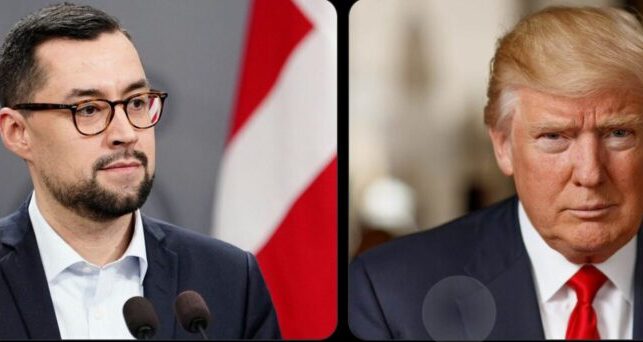
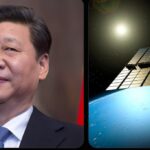

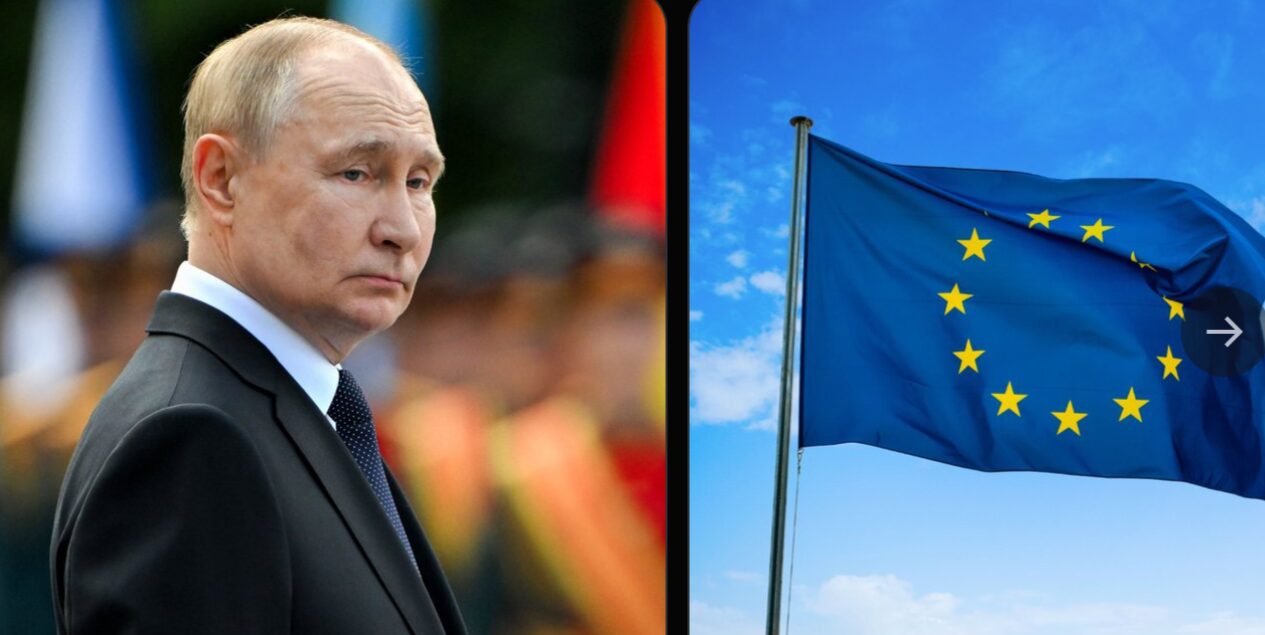



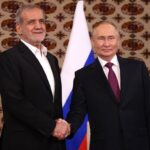
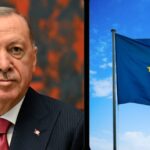








Post Comment